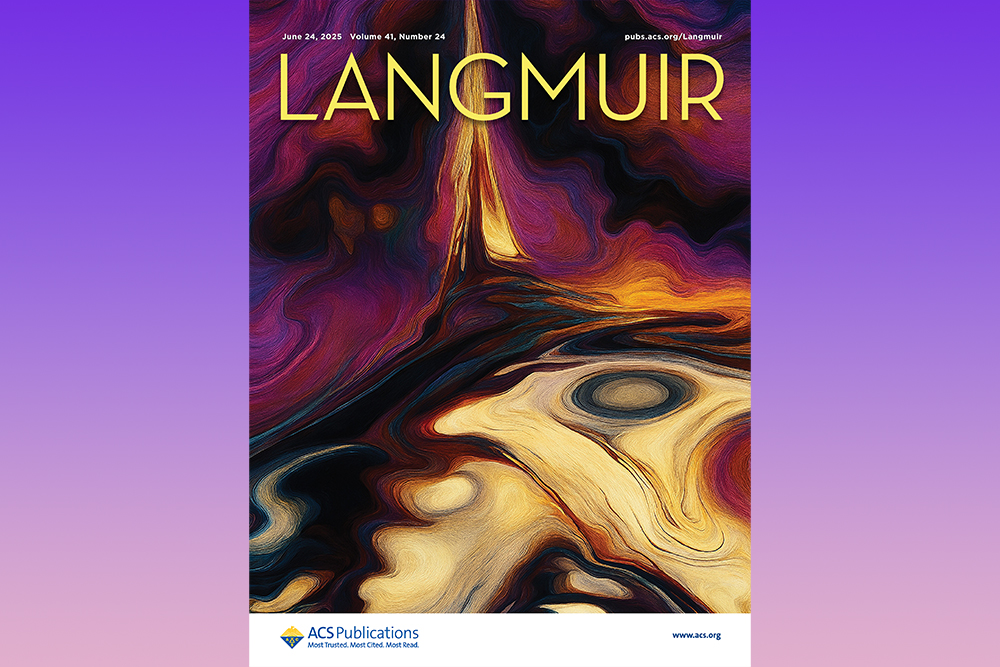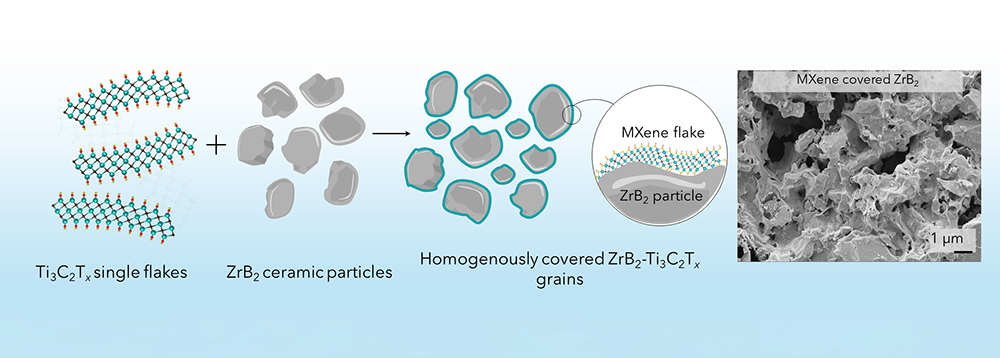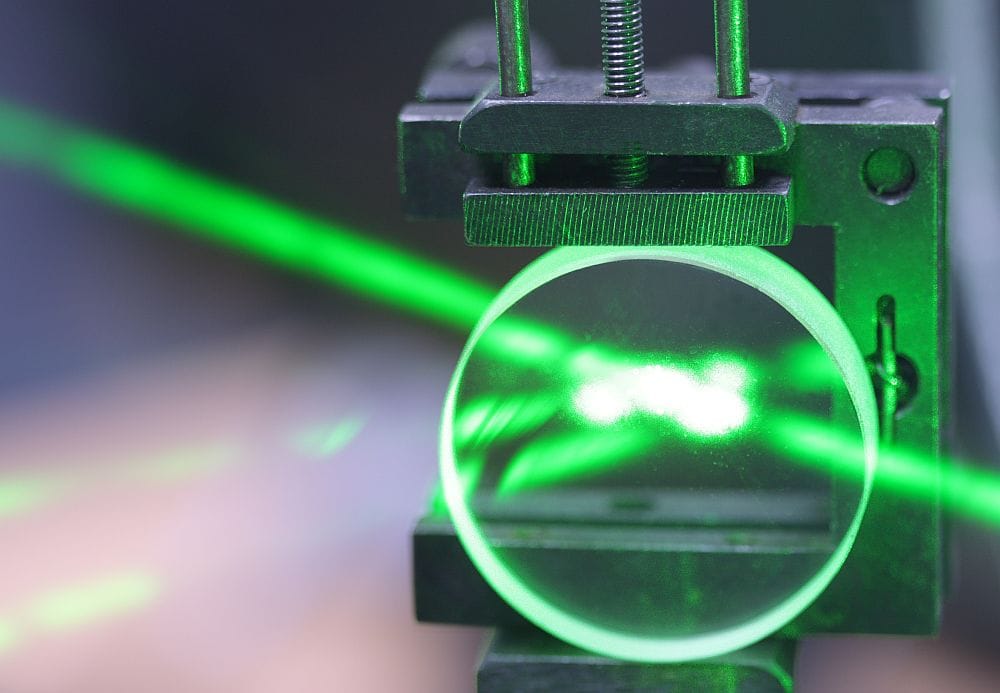Being neither a physicist nor a mathematician, Shakespeare probably knew very little about nothing.
Try explaining this to the family at Thanksgiving dinner.
Modern physicists Adam Brown and Alex Dahlen have made a study of nothing. They say it can be an endpoint or a starting point for tunneling, and in their paper (pdf) they posit, “If the universe can tunnel to nothing, it is natural to ask whether it can tunnel from nothing—the quantum creation of a universe.’
Mostly, these guys like to do math—specifically, topology. And, doing enough math “gives us a controlled setting in which to understand nothing,” according to the abstract posted on the online forum for early airing of new physics ideas, Physics arXiv.
Brown and Dahlen are no slouches; Brown is at Princeton and Dahlen is affiliated with Princeton and Berkeley. Their paper goes into a rigorous discussion on bubbles, flux, spacetime topology, the space next to nothing and the creation of the universe.
Apparently, nothing is not so easy to understand, or at least to quantify. The paper concludes with
“[Perhaps] we are asking the wrong question. There’s so much we don’t understand—about the breakdown of the spacetime description at the smallest scales, about quantum gravity, about the ultimate building blocks of existence—that most likely we don’t yet even possess the vocabulary to ask a well-posed question. One thing seems clear though: To truly understand everything, we must understand nothing.”
Before riffing on how you, too, would “love to work at nothing all day,” (Bachman Turner Overdrive, Taking Care of Business), think about similar intellectual pursuits in the materials world.
For example, consider the growing body of work on complexions (complex interfaces), which occupy the space between a grain and the “adjacent” grain boundary.
Or, what about nanoporous materials—materials that are interesting because they are mostly not there?
Just a few things to ponder as you drift off …into nothing.
Author
Eileen De Guire
CTT Categories
- Material Innovations


